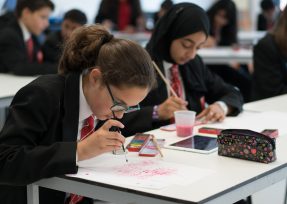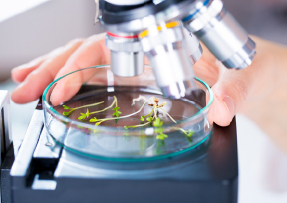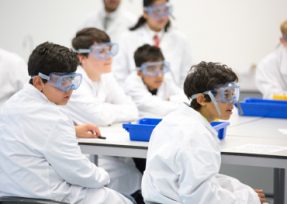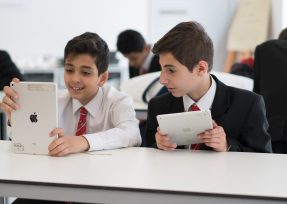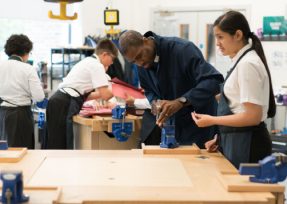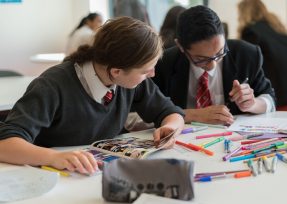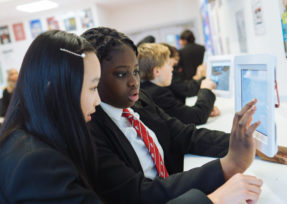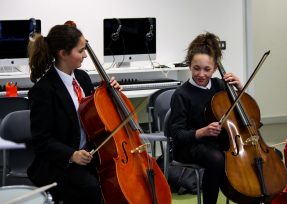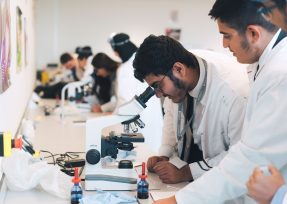Design & Technology
Design & Technology
“You can’t use up creativity. The more you use, the more you have.” -Maya Angelou
The Design & Technology department pupils and students learn through doing. Theoretical knowledge is learnt through practical activities and experimentation. Pupils and students are encouraged to be innovative and imaginative, to be independent and resilient. It is a department of enthusiastic teachers with expertise in each of its GCSE & Vocational subject areas, supported by a full time technician. Lessons are taught in well-equipped, specialist classrooms, kitchen and workshop. Projects always provide interest, challenge and are relevant to modern life.
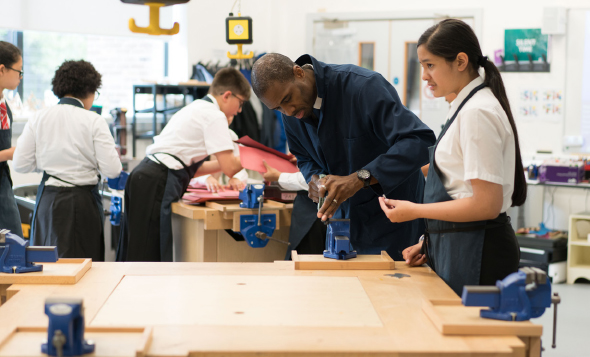
Course Description.
At the University of Birmingham school we want to prepare our young designers to think independently and become problem solvers of the future with the skills needed for industry, business and commerce. We strongly believe that innovation is the key to tomorrow’s future and that in a competitive global economy design plays an important role in industry.
Design and technology is a practical and valuable subject. It enables young people to actively contribute to the creativity, culture, wealth and well-being of themselves, their community and their nation. It teaches them how to take risks and so become more resourceful, innovative, enterprising and capable. Pupils develop a critical understanding of the impact of design and technology on daily life and the wider world. Additionally, it provides excellent opportunities for pupils to develop and apply value judgements of an aesthetic, economic, moral, social, and technical nature both in their own designing and when evaluating the work of others. Pupils develop practical skills that aid them in everyday life. Design and Technology directly supports manufacturing industry by providing this sector of the economy with capable technologists.
Design and technology at the University of Birmingham School builds on the skills and knowledge children have already learnt at primary school. It leverages increasingly sophisticated resources, including dedicated teaching environments, manufacturing equipment and specialist teaching. As pupils progress through this phase, they may be given the opportunity to focus on specific aspects of the subject such as product design, food technology, engineering, systems and control, electronics, and graphics. However, at its core, is creativity and imagination. Students learn to design and make products that solve genuine, relevant problems within different contexts whilst considering their own and others’ needs, wants and values. To do this effectively, they will acquire a broad range of subject knowledge and draw on additional disciplines such as mathematics, science, engineering, computing and art.
Key Information
Department
Design & Technology
Subject Leader
Mr A Hamflett
Contact
Admissions enquiries
e: admissions@uobschool.org.uk